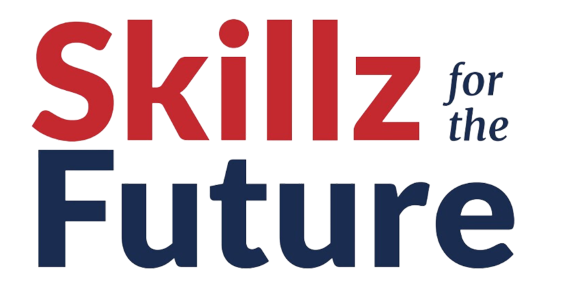Project management involves processes, skills, methods, knowledge, and experience aimed at achieving specific project goals within a finite timeframe. The role of a project manager is pivotal, involving a delicate balance of business acumen, management prowess, and technical expertise throughout the project life cycle—from planning and execution to monitoring, control, and closure.
Being a great project manager goes beyond just overseeing tasks; it’s about understanding the nuances that contribute to successful project delivery. Here are some key principles to elevate your project management game:
1. Resource Optimisation for Strategic Success
Resource allocation, also known as resource scheduling, is the backbone of effective project planning. Utilising tools like resource capacity planning software provides insights into team progress, minimises resource costs, maximises productivity, and ensures client satisfaction. It’s a proactive approach to navigate through project challenges, fostering an environment of efficiency and collaboration.
2. Liberation from Micromanagement
While it’s tempting to micromanage every aspect of a project, it often leads to diminished employee trust and morale. To be a great project manager, establish clear success metrics, delegate responsibilities, and maintain an open-door policy for guidance. Creating a collaborative atmosphere empowers your team, encourages creativity, and ultimately enhances productivity. 3. Crafting Time Management Strategies
Effective time management is a linchpin in project success. Breaking down projects, defining activities, managing dependencies, and estimating resources are crucial components. Implementing robust time management practices involves creating task lists, prioritising, delegating, and leveraging time management tools to streamline workflows, ensuring projects stay on track. 4. Communication as the Glue
Exceptional communication skills are non-negotiable for project managers. A detailed communication framework, encompassing purpose, needs, methods, timelines, and roles, ensures effective
communication with stakeholders, team members, clients, and executives. Active listening, open-mindedness, and fostering a culture of collaboration contribute to a thriving project environment. 5. Navigating Risks with Foresight
Risk management is about understanding and addressing potential threats to project success. Leveraging technology to identify, monitor, and control risks is paramount. From financial market changes to natural disasters, effective risk management involves strategies like risk avoidance, transfer, reduction, or acceptance, ensuring a resilient project delivery.
6. Team Empowerment through Leadership
Great project managers are adept leaders who understand and leverage the strengths and weaknesses of each team member. Recognising individual capabilities ensures efficient task assignment and improved time management, contributing to overall project success.
7. Continuous Learning and Growth
Embrace continuous learning through project management certifications to stay abreast of evolving trends and technologies. Regardless of experience level, ongoing training enhances your skills and ensures adaptability in the ever-evolving landscape of project management.
8. Emulating Success Stories
Learn from experienced project managers and diverse approaches within project manager networks. Understanding different techniques contributes to your toolkit, offering insights into effective team management, budgeting, and time management. 9. Harnessing the Power of Tools
Project management tools are indispensable for organising tasks, resource management, pipeline forecasting, and real-time budget management. These tools facilitate seamless collaboration, internal and external communication, and customer satisfaction. In the pursuit of becoming a great project manager, constant improvement, streamlined processes, and motivation are paramount. Setting and adhering to realistic goals, coupled with a commitment to evolving skills, ensures ongoing project success. Mastering the art of project management is an ever-evolving journey, and embracing these principles will set you on the path to excellence.
